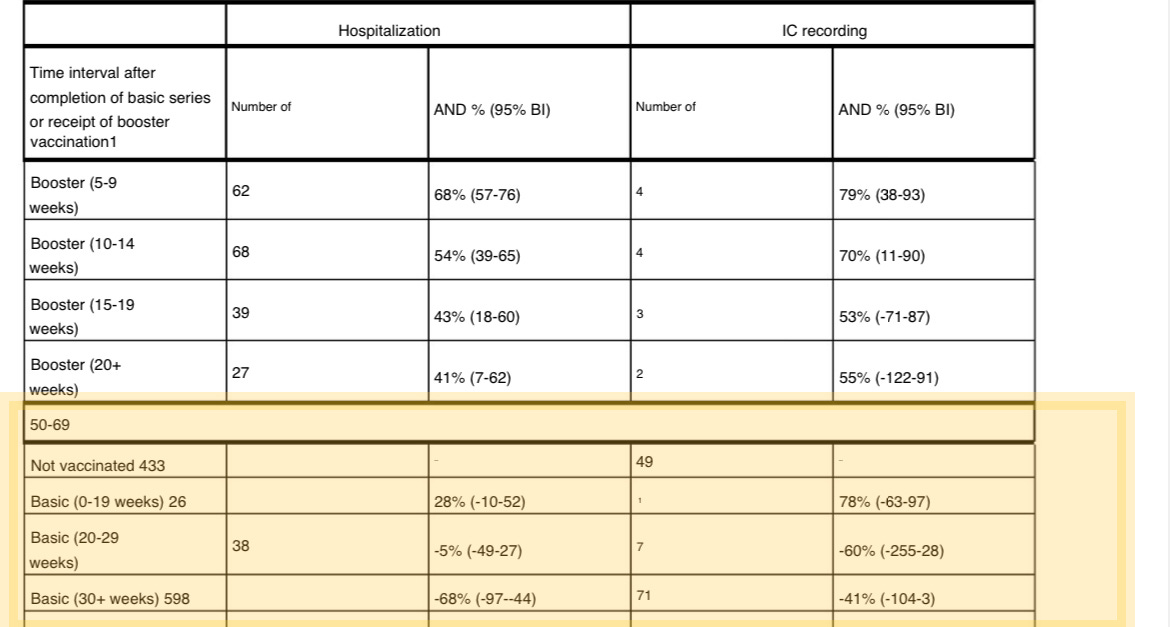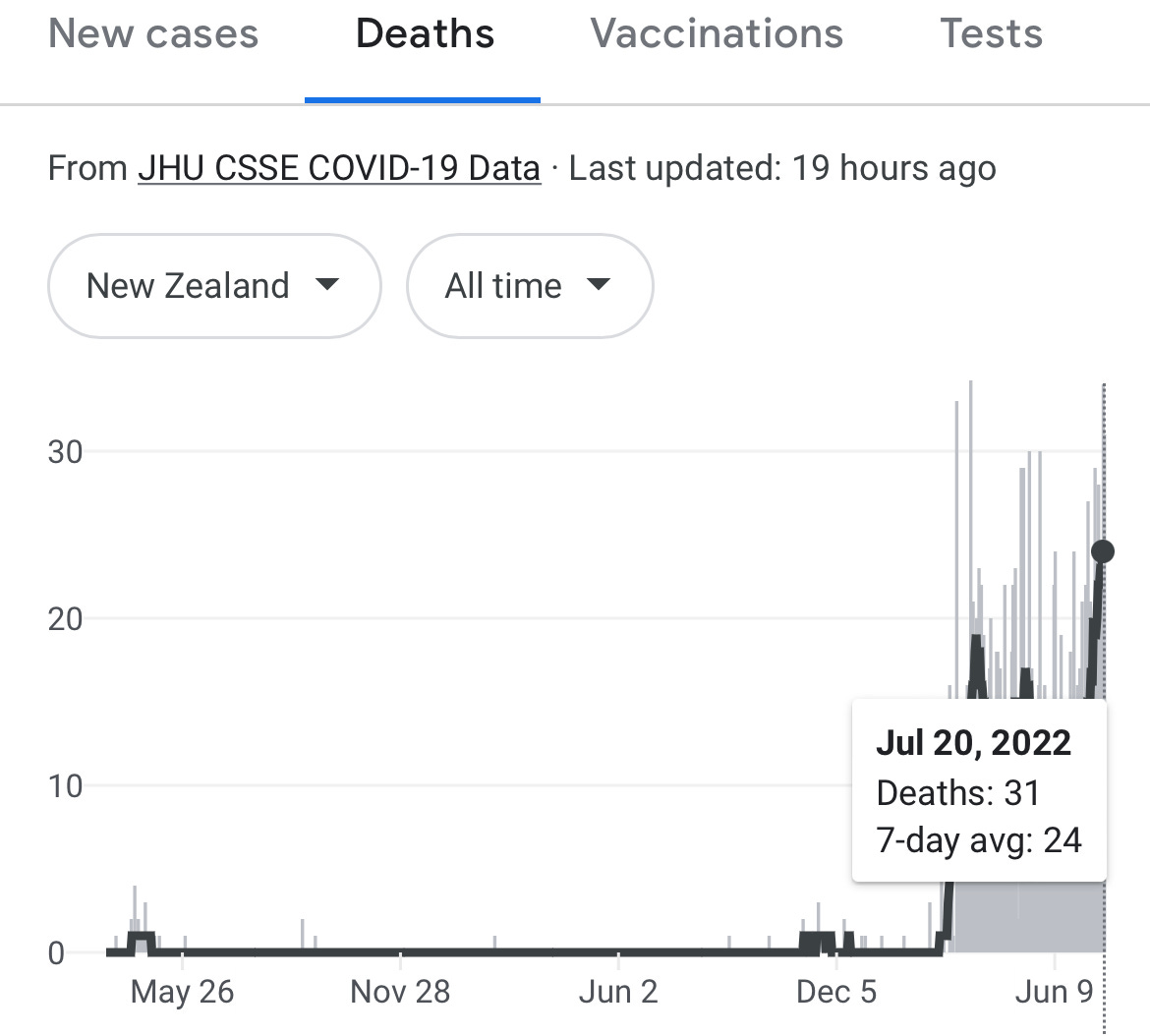No, mRNA Covid vaccines do not offer long-term protection from serious illness
Data from the Dutch government show the opposite – after seven months they substantially RAISE the risk of hospitalization and intensive care
mRNA vaccine advocates have one final defense against the failure of their billion-person experiment.
Okay, the shots won’t stop you from getting Covid. Or spreading it. Or having symptoms.
But they will stop you from getting very sick, and that protection lasts long after they stop working against infection.
Only it doesn’t.
Not against Omicron, anyway. And Omicron is only variant that matters now, since it’s the only variant that exists now.
An official government report from the Netherlands earlier this month has the truth.
On July 5, the RIVM – a research institute that is part of the Dutch Ministry of Health – reported a basic two-dose Covid vaccination offered no protection against Covid hospitalization. Worse, vaccinated people were 20 percent more likely to need intensive care than the unvaccinated.
“There was hardly any visible protective effect of the COVID-19 basic vaccination series against hospital and ICU – intensive care- intake,” the researchers wrote (understating the case).
—
The topline figures are bad enough.
The report is based on hospitalizations across the Netherlands from March 15 through June 28, not a small sample. And like the United States, the Dutch relied overwhelmingly on mRNA vaccines from Pfizer and Moderna – the supposed gold standard for Covid shots.
But the details in the report are even more disturbing.
The researchers stratified the risks of hospitalization and intensive care by time from vaccination and the age of the infected person – and those show that the risks increase over time.
After seven months, vaccinated people in their fifties and sixties had a 68 percent higher risk of being hospitalized for Covid compared to the unvaccinated. They had a 41 percent higher risk of needing intensive care.
The trends were similar for people 70 and over, though most of them had been boosted or received a fourth shot, so comparisons were harder to make.
(Negative vaccine effectiveness, it’s a thing. A very bad thing.)
Again, this negative effectiveness is against severe disease – hospitalizations and intensive care.
Not infection, severe disease.
—
The report also showed that boosters and fourth shots did reverse the negative efficacy against hospitalization and intensive care and provide some protection. That fact led the researchers to call for vaccinated people to receive boosters.
But the effectiveness of boosters and fourth shots against severe disease also sharply and quickly declined.
In people 70 and over, the effectiveness of a booster against hospitalization fell from 85 percent in the first month to under 50 percent by five months out. The trends for the fourth shot were similar, but worse. Though the researchers did not have five months of data for the fourth shot, by roughly three months, protection had fallen to 60 percent.
—
The results could not be clearer, or grimmer.
The mRNA vaccines fail within a few months and then begin to raise the risk of serious outcomes.
Why?
The promise that the mRNA shots will produce durable T-cell protection against severe disease appears faulty. Any protection the shots offer against hospitalization or death probably results from their antibody-driven protection against infection, which lasts only a few months.
Repeated shots can reverse the trend, but they too fail, and each additional shot appears to do less and fail more quickly. Worst of all, because the shots cause recipients to produce antibodies to the original coronavirus rather than Omicron’s mutated spike, vaccinated people now have a higher risk of Omicron infection – which means they have a higher risk of hospitalization or death.
Worst of all, the Dutch collected this data during the spring, when the existing Omicron subvariant was relatively mild. Now Omicron has mutated again, and we do not at this point know if the new variant is more or less dangerous.
But the trends from countries like New Zealand – which are test cases for Omicron’s potential virulence because they are highly mRNA vaccinated and have little preexisting natural immunity – are not promising.
Buckle up.



